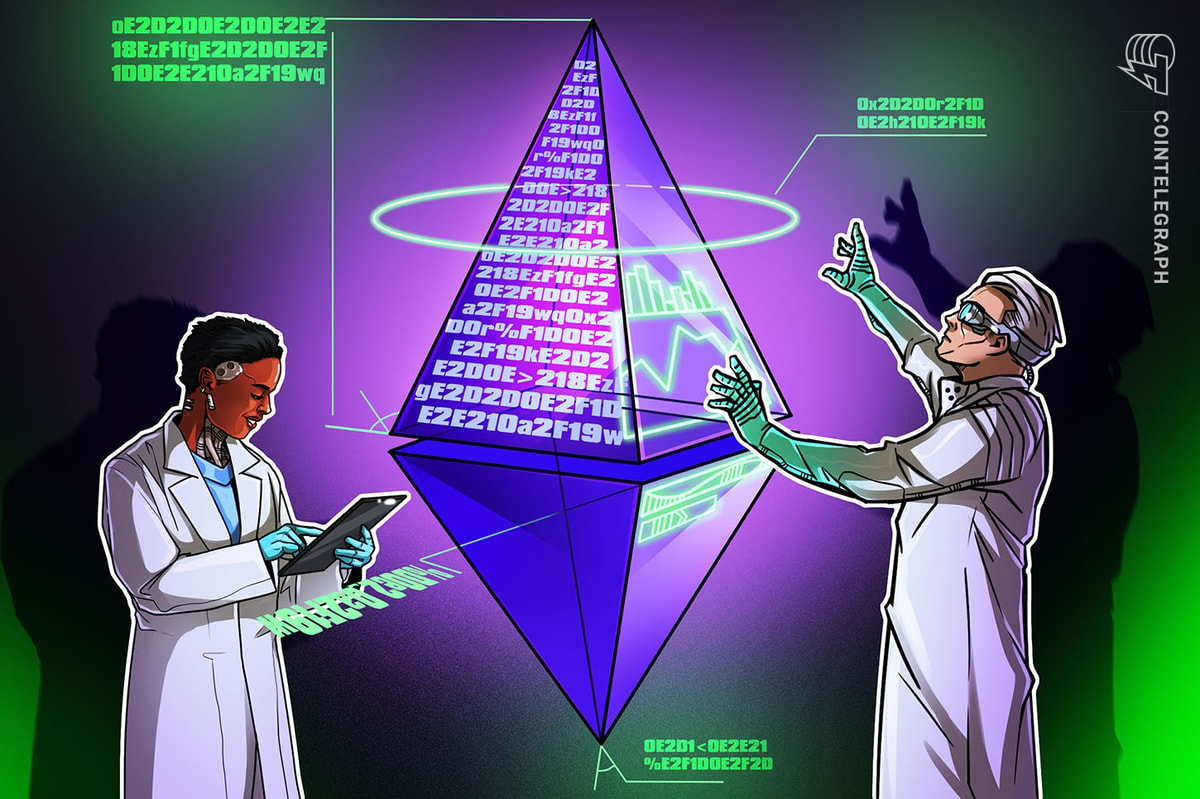
Today, Sentient announced the launch of an open source artificial intelligence that surpasses Perplexity. It is called Open Deep Search (ODS), and it aims to be a breakthrough in open source AI.
This is an artificial intelligence-based research framework capable of surpassing Perplexity, and it will enhance the capabilities of Sentient Chat, the chatbot that has a waiting list of over 1.75 million users.
Sentient launches Open Deep Search (ODS)
Open Deep Search is the first open source search artificial intelligence to surpass both Perplexity in search and reasoning capabilities, and Perplexity Sonar Reasoning Pro.
Developed by Sentient Labs, the project was first presented in February at the Open AGI Summit during the ETH of Denver, to more than 1,500 native developers of criptovalute and intelligenza artificiale.
In line with its mission to democratize access to artificial intelligence, Sentient has chosen to make ODS an open source technology.
At the moment it is available for a selected number of early testers, but Sentient is preparing to make weekly feature updates and gradually expand access through Sentient Chat, with a full public release expected within the next two months.
In fact, ODS will initially be distributed specifically to users of Sentient Chat, its AI-based search tool that has attracted a waiting list of 1.75 million people (the highest demand ever received by a decentralized artificial intelligence).
Who is Sentient?
Sentient is an American developer of decentralized artificial intelligence, backed by the Founders Fund of Peter Thiel.
It was founded by the co-founder of Polygon, Sandeep Nailwal, and was created with the support of an investment of 85 million dollars through an initial funding round led by Pantera Capital and Framework Ventures, along with Founders Fund.
This is a decentralized artificial intelligence platform dedicated to the creation of faithful artificial intelligence models owned by the entire community.
Its flagship model, Dobby, was launched at the beginning of 2025, and already offers over 660,000 users ownership and control, setting a new standard for the development of artificial intelligence.
Sentient Chat expands this mission, offering practical and user-oriented artificial intelligence solutions.
The co-founder of Sentient, Himanshu Tyagi, stated:
“The release of Open Deep Search is a milestone in our mission to make artificial intelligence accessible to everyone. The open source of a framework that surpasses industry leaders like Perplexity challenges closed-source artificial intelligence developers, while simultaneously offering them access to a powerful primitive that frees them to create the applications they have always dreamed of. ODS is a testament to what is possible when innovation meets decentralization rather than being held in check by billion-dollar budgets”.
The advantages of ODS
The industry standard benchmarking, such as FRAMES, attest that ODS excels in questions with more reasoning. Furthermore, it achieves high scores even in the SimpleQA benchmarks, which measure a model’s ability to answer short questions that have direct and factual answers.
The official statement from Sentient states:
“ODS demonstrates that open source artificial intelligence can compete with closed source technology in terms of reasoning architecture and research level. Its release will provide web3 developers with a powerful tool to create sophisticated applications that leverage artificial intelligence in a variety of creative ways”.
The development of ODS aims to mark a turning point in the development of artificial intelligence, because it wants to demonstrate that open source solutions can be even more performant than closed source ones. In fact, despite being developed with a limited budget compared to that of the big AI companies, which have billions of dollars and several years of advantage, ODS brings to life a versatile artificial intelligence with advanced research and reasoning capabilities.

 1 day ago
14
1 day ago
14









 English (US) ·
English (US) ·